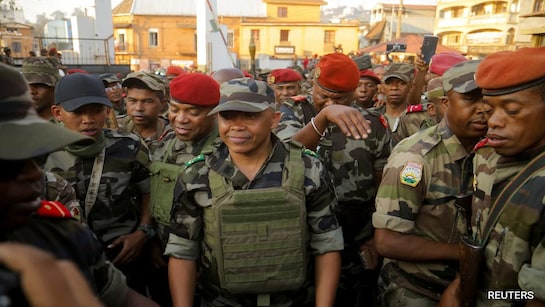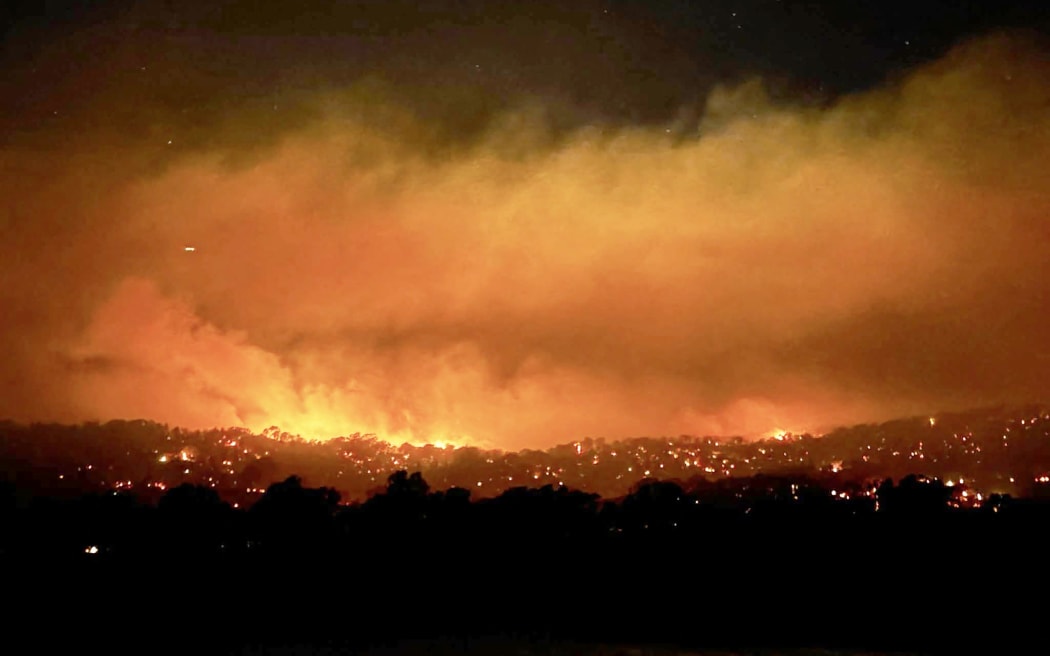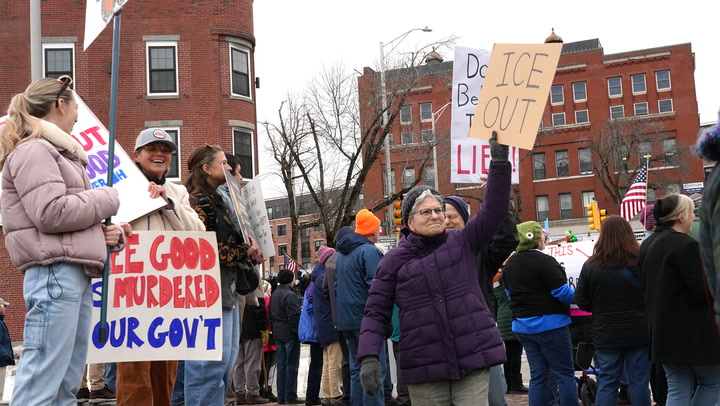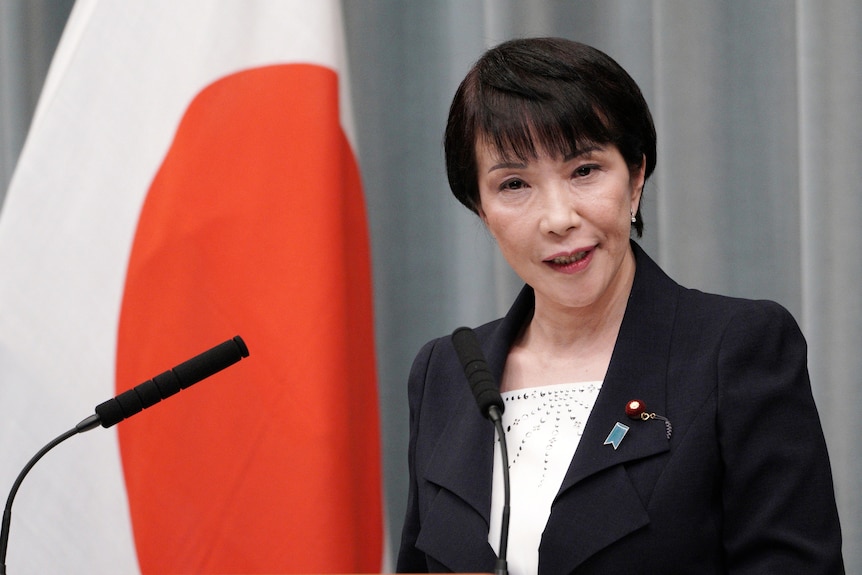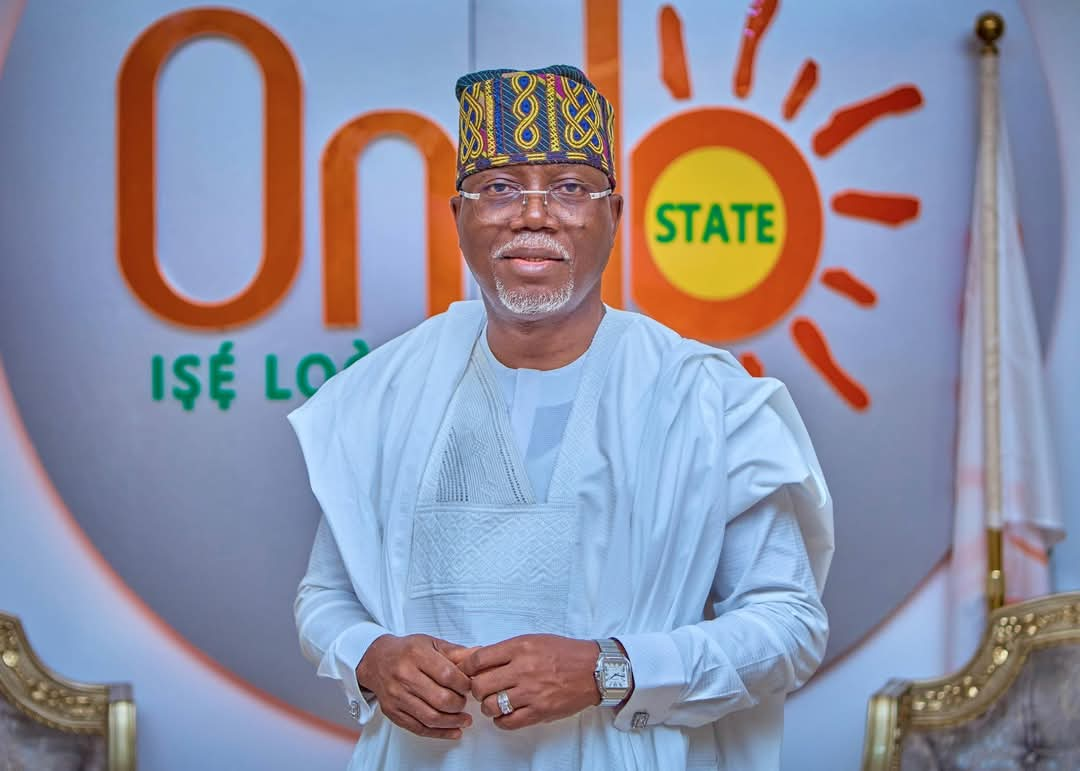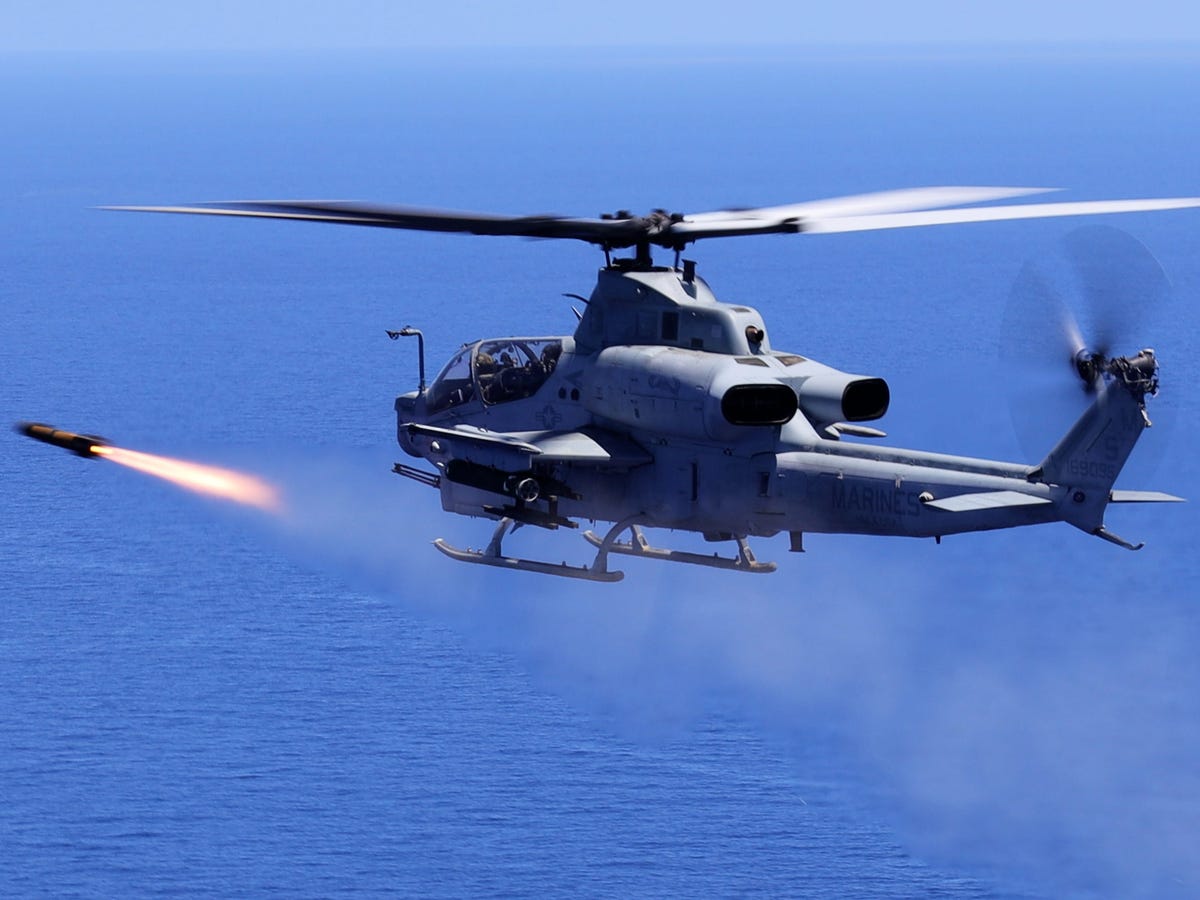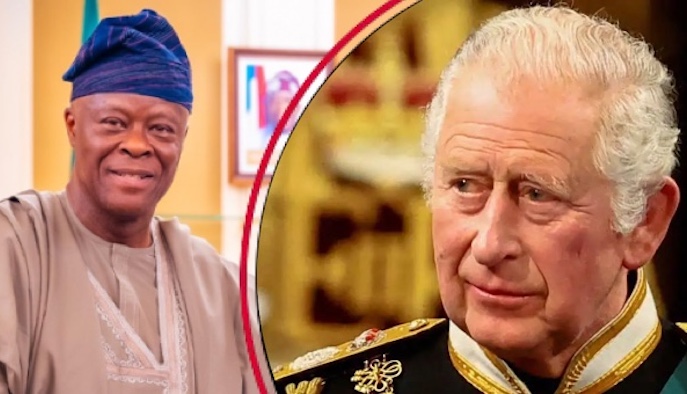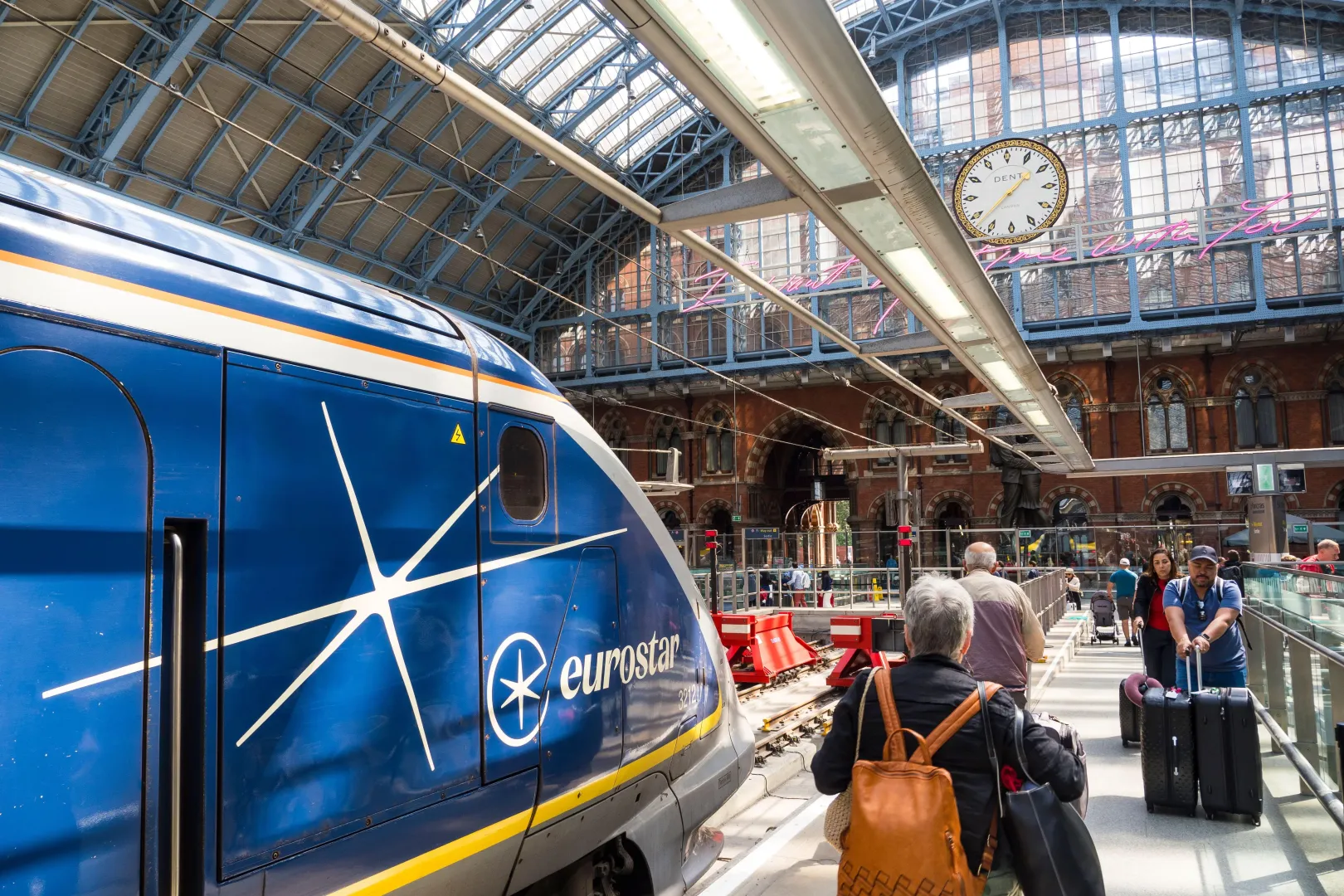When Colonel Michael Randrianirina seized power in Madagascar last week, he promised stability after weeks of youth-led protests that toppled President Andry Rajoelina. Yet for many of the young activists who ignited the uprising, the sudden military takeover feels like a betrayal of their movement’s call for genuine change.
“We were fighting for system change, not to replace one president with another,” said Olivia Rafetison, leader of the Movement Gen Z Collective, a coalition of protest groups that rallied thousands of young Malagasies across Antananarivo.
Earlier this month, what began as demonstrations over chronic electricity and water shortages swelled into a national revolt against Rajoelina’s government. When Colonel Randrianirina and a group of soldiers joined the crowds, protesters briefly celebrated. “He said, ‘We’re for the people, we’ll help you, we are by your side,’” Rafetison recalled.
Days later, the same colonel declared that the military was now in control. On Friday, he was sworn in as Madagascar’s new president, announcing that a military-led administration would govern alongside a civilian cabinet for up to two years before new elections are held.
Read Also: Madagascar Military Takeover As President Rajoelina Flees
“It went from protecting the people to taking power,” Rafetison told Reuters. “I’m not saying I’m against it, but I am a little conflicted.”
Many of the demonstrators who filled Antananarivo’s streets say they simply wanted relief from worsening living conditions, not another period of military rule. “We asked for water, electricity, and enough food for every family,” said Alicia Andriana from the Association of Dynamic Malagasy Students (Assedu-Mada). “We’re thankful the army stopped the bloodshed, but we don’t yet have what we fought for.”
The frustration runs deep among Madagascar’s youth, whose average age is just 19. Despite being one of the world’s youngest populations, many face high unemployment, poor infrastructure, and persistent poverty. According to World Bank data, the country’s GDP per capita has nearly halved since independence from France in 1960, making Madagascar one of the few nations poorer today than six decades ago.
Some young activists view the colonel’s intervention as a necessary step to prevent further violence after Rajoelina fled abroad. Others fear history repeating itself: since independence, Madagascar has endured several military-dominated governments, often with disastrous economic consequences.
A Facebook group with 18,000 members, Gen-Z Tonga Saina, warned that the army “protects the interests of the system, not the people.” Transparency International Vice Chair Ketakandriana Rafitoson echoed that concern, telling Reuters that while coups are “always undesirable for democracy,” the latest one reflected “an apparent unwillingness of political leaders to address grievances” and a lack of any credible civilian alternative after the president fled.
Still, youth activists insist their fight isn’t over. “We can’t be certain they’ll listen, but we can hope,” said 23-year-old campaign spokesperson Tolotra Andrianirina. “If they don’t, we’ll get back on the streets. We did it once; we can do it again.”

